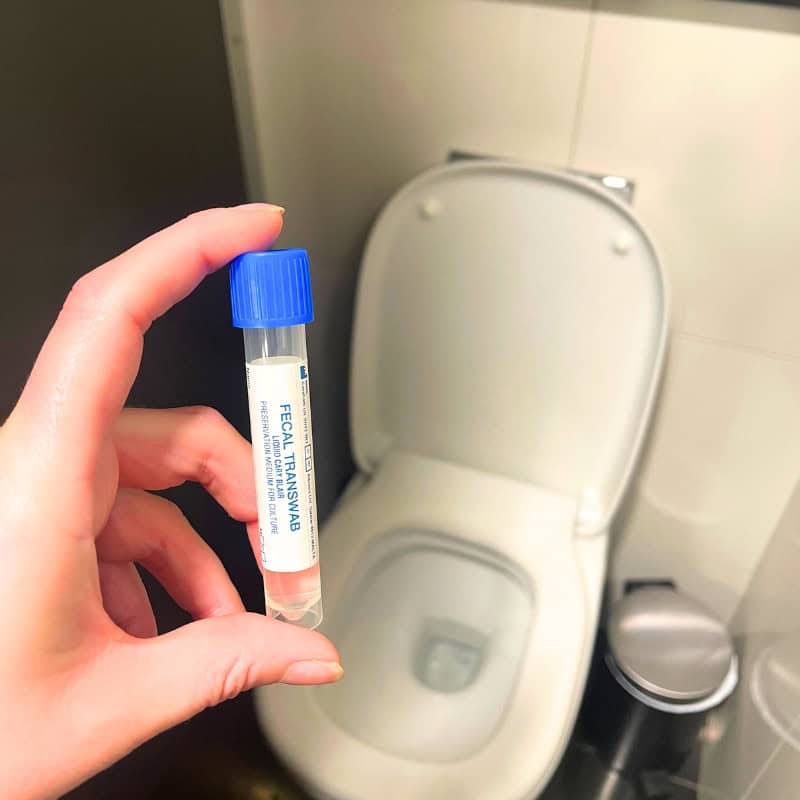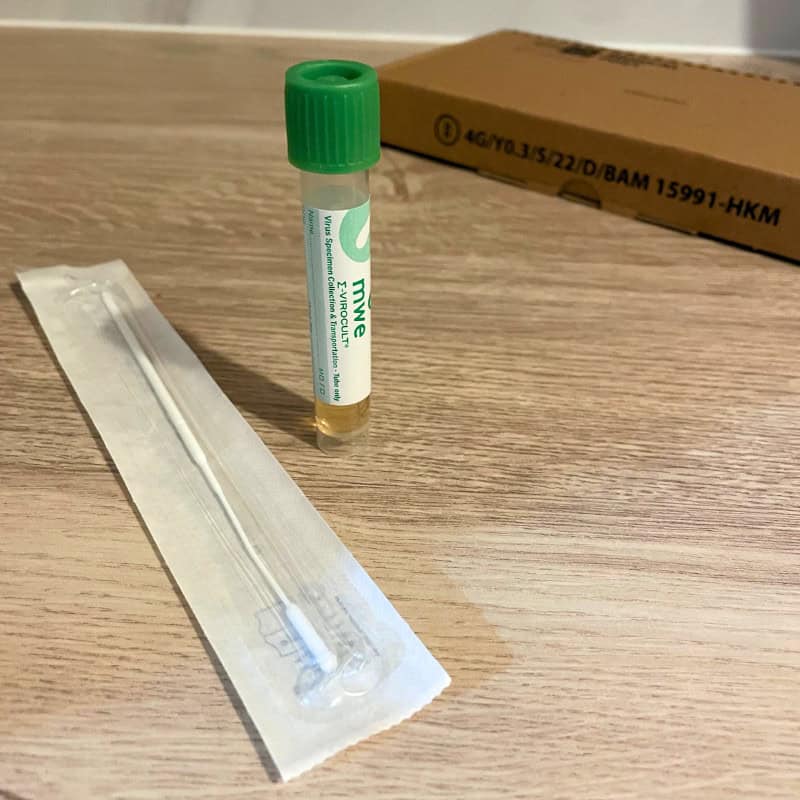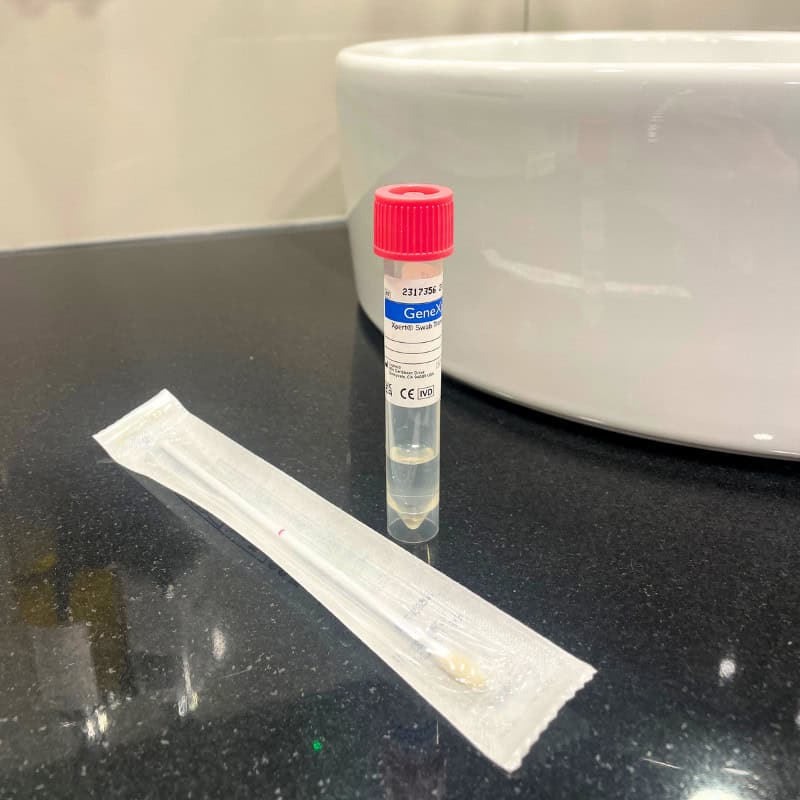Month: June 2022
WHAT IS DIABETES?
Diabetes is a lifelong condition that occurs when the body is unable to properly regulate the amount of glucose (sugar) in your blood. Poor control of diabetes can lead to high blood sugar levels and cause long term damage to your overall health and organs.
WHAT HEALTH PROBLEMS DOES IT CAUSE?
High blood sugar levels can cause a lot of damage to your body and if not managed correctly, may lead to many diabetic complications. This will cause long term health problems, especially if they go untreated.
HOW DOES DIABETES AFFECT OTHER PARTS OF YOUR BODY?
Eyes: Retinopathy is a complication of diabetes caused by high blood sugar levels damaging the retina, often leading to vision impairment. It is the leading cause of blindness among working-age adults in the UK. As a consequence of diabetic retinopathy, swelling can take place, called diabetic macular oedema. People with diabetes are also more prone to develop cataracts and glaucoma at an earlier age, contributing to vision reduction.
Feet: Foot health is often a neglected area anyway but high blood glucose levels can lead to insensitivity in the foot and lower limbs, which means you lose the ability to feel pain and distinguish hot or cold. It can also lead to less blood supply to your feet leading to poor circulation.
Loss of sensitivity means that you may not notice if you have a minor cut, sore or wound and poor circulation means if you do get a cut or sore, it will take longer to heal and open wounds are more likely to become infected. This combination is why there is an increase in risk of amputation for those who are diabetic. Regular podiatry appointments are the best way to look after your foot health.
Heart: High blood sugar levels can also cause problems to your blood vessels which can sometimes lead to serious problems such as heart attacks and strokes.
Kidneys: High blood sugar levels creates more difficulty for the kidneys to clear waste. This may lead to Diabetic Nephropathy, the deterioration of the kidneys.
HOW CAN DIABETES BE TREATED?
There is currently no cure for diabetes, therefore, the best way to deal with diabetes is to get it properly managed and controlled. If you are diagnosed with type 1 diabetes, you must either inject or pump insulin into body to treat your diabetes. If you have type 2 diabetes, you may also have to use insulin, however, it can be managed through diet and lifestyle changes.
HOW CAN YOU TEST FOR DIABETES?
An instant HbA1c test can confirm if you’re within the recommended range, or are considered pre-diabetic or confirm that you have diabetes. Using a small blood sample it will measure how well your blood sugar has been controlled over the last 3 months and provide a numerical reading.
As the HbA1c test provides 3-months insight, it is an important blood test for diagnosed diabetics. It provides a good indication of how well they are managing their diabetes..
Many people are more familiar with the glucose blood test – it measures the concentration of glucose molecules in your blood at a single point in time. The amount of glucose in your blood could also indicate whether you could be diabetic or not. People with diabetes can also use this test to manage their condition on a daily basis alongside regular HbA1C testing.
You can book an instant HbA1C test online at a cost of £54.50.
WHAT ARE THE SYMPTOMS?
When it comes to diabetes the symptoms are not always obvious and can often go unnoticed for long periods of time before being diagnosed.
The most common symptoms include:
- Feeling constantly thirsty or dehydrated
- Unintentional loss of weight and increased appetite (type 1)
- Vision begins to blur
- Numbness in your hands or feet (type 2)
- Fatigue
- Urinating more frequently
WHO IS AT RISK?
In the UK, type 2 diabetes is the most common type of diabetes, affecting over 90% of sufferers. The symptoms of diabetes are often mild, therefore, it’s important to be aware of the risk factors that could make you more susceptible to diabetes in the future.
According to Diabetes UK, type 2 diabetes is twice more likely in people of African descent in comparison to people of European descent and six times more likely in South Asian communities, making them a high risk category in developing diabetes. Additionally, people of African – Caribbean and South Asian descent are also at risk of type 2 diabetes much earlier, usually over the age of 25. On the other hand, for Europeans the risk increases when over the age of 40. Other factors contributing to diabetes include being overweight, high blood pressure and genetics.
Other general risk factors include:
- Having high blood pressure
- Carrying extra weight around your middle
- Smoking
- Polycystic Ovary Syndrome (PCOS) sufferers
- Those with a sedentary lifestyle
- Drinking too much alcohol
- Those with disturbed sleep – this includes those who do not get enough sleep and those whose sleep too much
If you have symptoms of diabetes or general concerns about your diabetic risk, you can book a GP appointment to discuss in more detail.
Alternatively, you can book in for an instant HbA1c test with a nurse.
From Sunday, June 12, 2022 at 12:01AM ET all COVID-19 testing entry requirements for international travellers to the United Stated were rescinded.
Arrivals no longer need to show proof of a negative Covid-19 test or documentation of recovery prior to boarding a flight to the U.S nor upon arrival.
The Centre For Disease Control (CDC) has reached the decision based on the high vaccine uptake and widespread population immunity.
In the statement they released, they explain; “The COVID-19 pandemic has now shifted to a new phase, due to the widespread uptake of highly effective COVID-19 vaccines, the availability of effective therapeutics, and the accrual of high rates of vaccine- and infection-induced immunity at the population level in the United States. Each of these measures has contributed to lower risk of severe disease and death across the United States. As a result, this requirement which was needed at an earlier stage in the pandemic may be withdrawn.”
Most countries, including the UK, have already abandoned testing requirements in a bid to return international travel to pre-Covid levels and it seems the CQC have decided it is now time for the U.S to do the same.
Does this mean that the COVID-19 pandemic has ended?
No, but it does signify a shift in the pandemic. As we see a worldwide reduction in covid cases and death rates, the CDC statement clarifies that whilst testing may not be necessary right now, they will continue to monitor the data and adapt accordingly.
They state; “CDC continues to evaluate the latest science and state of the pandemic and will reassess the need for a testing requirement if the situation changes”.
What about covid vaccinations…
Do I need to be vaccinated to travel to the U.S?
Yes, foreign travellers from outside of the U.S are required to be double vaccinated from COVID-19 to enter the country. But for people under the age of 18, U.S citizens/ nationals or lawful permanent residents will be exempt from vaccination requirements. Currently, the Covid Booster vaccination is not a requirement and there is no set expiry date on the first dose of vaccination.
Overall, the easing of the US Covid restrictions is welcome news to the travel and tourism industry and demonstrates the possibility of international travel returning back to its pre-covid levels.
However, the absence of masks, vaccines, or travel mandates does not mean that the risk of catching Covid-19 has gone away.
We strongly recommend:
- Having comprehensive travel health insurance for all travel to the USA – hospital care should you require treatment for Covid is very costly.
- Wearing a high filtration (N95 or FFP3) mask during your journey
- Practising all the usual hygiene recommendations during your journey (e.g. hand sanitisers, distancing where possible
- Having an early test and avoiding travel if you have even minor symptoms.
For more information on the covid testing services available at Fleet Street Clinic.





